Festivals in Argentina, a vast and diverse South American nation, boasts a rich tapestry of festivals and holidays that reflect its unique cultural heritage and historical significance. From vibrant celebrations rooted in indigenous traditions to commemorations of pivotal historical events, Argentina’s festivals offer a fascinating journey into the heart of the country’s identity. In this exploration, we will delve into some of the most relevant festivals and holidays in Argentina, examining their origins, cultural significance, and the ways in which they contribute to the nation’s vibrant cultural mosaic.
1. Carnaval – February/March
Carnaval, celebrated in February or March, is a lively and exuberant festival that marks the beginning of Lent. While Carnaval is observed in various regions across Argentina, the city of Gualeguaychú is particularly renowned for its elaborate celebrations, featuring colorful parades, intricate costumes, and lively music and dance.
The festival’s roots can be traced back to a blend of indigenous rituals, African traditions brought by slaves, and European influences. The result is a dynamic and culturally rich celebration that showcases Argentina’s multicultural heritage. Carnaval is a time for communities to come together, express creativity, and revel in the joyous spirit of the festivities.
2. Día de la Memoria (Memory Day) – March 24th
Día de la Memoria, also known as Memory and Justice Day, commemorates the victims of the military dictatorship that ruled Argentina from 1976 to 1983. Observed on March 24th, the day honors those who suffered human rights abuses, including forced disappearances, torture, and violence, during this dark period in the country’s history.
The significance of Día de la Memoria lies in its role as a collective remembrance of the atrocities committed during the military regime. It serves as a call to preserve historical memory, seek justice for the victims, and promote human rights. The date also marks the tireless efforts of human rights organizations and advocates in Argentina.
3. Día del Trabajador (Labor Day) – May 1st
Día del Trabajador, or Labor Day, is a global celebration of workers and their contributions. In Argentina, May 1st is marked by demonstrations, rallies, and events organized by labor unions to advocate for workers’ rights. It is a day to highlight the importance of fair labor practices, just wages, and safe working conditions.
The celebration reflects Argentina’s commitment to social justice and workers’ rights. It provides a platform for labor movements to voice concerns, celebrate achievements, and underscore the ongoing struggle for improved working conditions.
4. Fiesta Nacional de la Vendimia (National Grape Harvest Festival) – March/April
The Fiesta Nacional de la Vendimia, held annually in the province of Mendoza, celebrates the grape harvest and the wine-producing heritage of Argentina. Taking place in March or April, the festival is a grand spectacle featuring parades, traditional music and dance, and the crowning of the “Reina Nacional de la Vendimia” (National Grape Harvest Queen).
Mendoza, known for its vineyards and winemaking, comes alive during this festival, attracting locals and visitors alike. The celebration is a testament to Argentina’s prominence in the world of wine and its cultural connection to viticulture.
5. Día de la Revolución de Mayo (May Revolution Day) – May 25th
May 25th marks the Día de la Revolución de Mayo, commemorating the May Revolution of 1810 that eventually led to Argentina’s independence from Spanish rule. The events of May 25th were a pivotal moment in the country’s history, as locals in Buenos Aires sought autonomy and self-governance.
The day is celebrated with patriotic events, parades, and cultural activities that highlight Argentina’s journey to independence. The May Revolution is considered a foundational moment in the nation’s history, symbolizing the collective desire for freedom and sovereignty.
6. Día de la Bandera (Flag Day) – June 20th
Día de la Bandera, or Flag Day, is observed on June 20th to honor the creator of the Argentine flag, Manuel Belgrano. The day commemorates Belgrano’s death and his role in designing the national flag during the Argentine War of Independence.
Celebrated across the country, Flag Day includes patriotic ceremonies, parades, and events that underscore the significance of the national symbol. The celebration serves as a tribute to the ideals of unity and independence represented by the Argentine flag.
7. Festival Internacional de Jazz de Buenos Aires (Buenos Aires International Jazz Festival) – November
The Festival Internacional de Jazz de Buenos Aires is a major cultural event that celebrates the artistry and diversity of jazz music. Held in November, the festival brings together local and international jazz musicians for a series of concerts, workshops, and jam sessions.
This festival reflects Argentina’s appreciation for the arts and its engagement with global cultural influences. Jazz, with its improvisational and collaborative nature, provides a platform for cultural exchange and artistic expression.
8. Día de la Independencia (Independence Day) – July 9th
Día de la Independencia, celebrated on July 9th, marks Argentina’s declaration of independence from Spanish rule in 1816. The day is a national holiday, observed with patriotic parades, cultural events, and fireworks. The historic event took place in Tucumán, where representatives from various regions gathered to declare independence.
Independence Day is a symbol of Argentina’s sovereignty and its commitment to freedom. The celebrations evoke a sense of national pride and unity, as Argentinians come together to honor their shared history.
9. Fiesta Nacional de la Tradición (National Tradition Festival) – November
The Fiesta Nacional de la Tradición, held in the city of San Antonio de Areco, pays homage to Argentina’s rural traditions and gaucho culture. The festival, typically held in November, features rodeo events, traditional folk music and dance, and exhibitions of horsemanship.
Argentina’s gaucho culture holds a special place in the country’s identity, representing the spirit of the rural and agricultural communities. The Fiesta Nacional de la Tradición is a celebration of these traditions, showcasing the skills and traditions that have been passed down through generations.
10. Día de la Virgen de Luján (Day of Our Lady of Luján) – May 8th
Día de la Virgen de Luján is a religious celebration dedicated to the patroness of Argentina, Our Lady of Luján. Pilgrims from across the country travel to the city of Luján to honor the Virgin Mary and seek her blessings. The Basilica of Our Lady of Luján, located in Luján, is a significant religious site and a focal point of the celebrations.
The day reflects Argentina’s strong connection to Catholicism and the importance of religious traditions in the lives of many Argentinians. Pilgrims participate in religious processions, Mass, and other devotional activities.
Conclusion
The festivals and holidays of Argentina offer a multifaceted view of the nation’s cultural, historical, and religious diversity. From the exuberance of Carnaval to the solemn remembrance of Día de la Memoria, each celebration contributes to the rich tapestry of Argentina’s identity.
These festivals not only serve as occasions for joy and reflection but also as platforms for the expression of national pride and unity. The blend of indigenous, African, and European influences in celebrations like Carnaval and Fiesta Nacional de la Tradición reflects Argentina’s multicultural heritage.
Moreover, Argentina’s commitment to preserving historical memory, as seen in Día de la Memoria, demonstrates the nation’s dedication to justice and human rights. The festivals act as bridges between the past and present, fostering a sense of continuity and shared identity among Argentinians.
As Argentina continues to evolve, these celebrations will undoubtedly play a crucial role in shaping the narrative of the nation. They serve as powerful expressions of collective pride, resilience, and the enduring spirit of a country that embraces its diversity and cultural vibrancy. Through these festivals, Argentina weaves a narrative that transcends time, inviting both locals and visitors to join in the celebrations and experience the heart and soul of this remarkable nation.


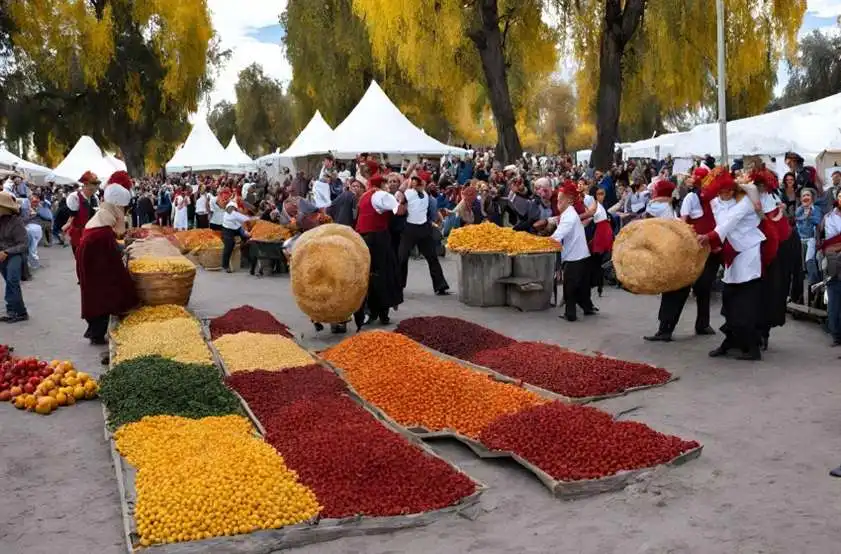
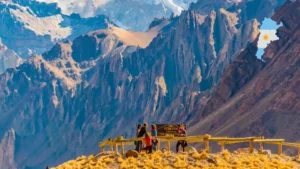

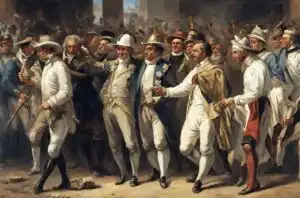


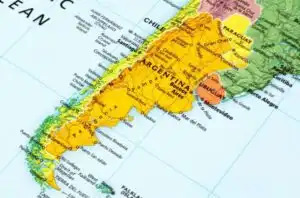

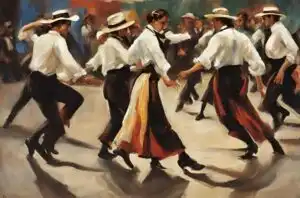
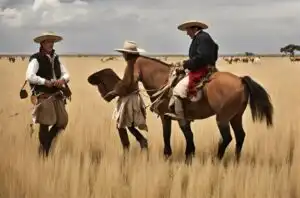


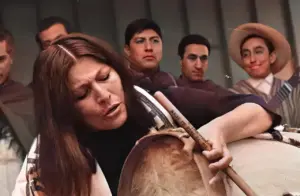


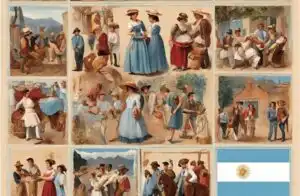

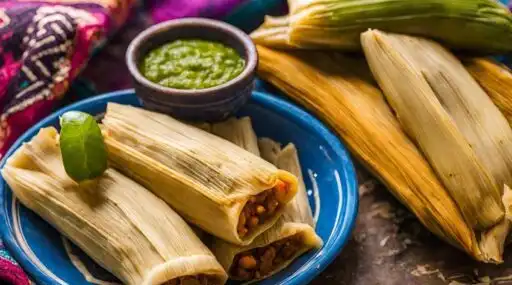


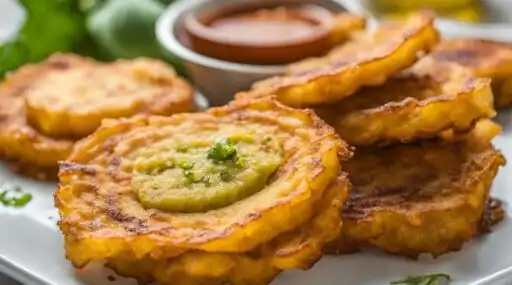
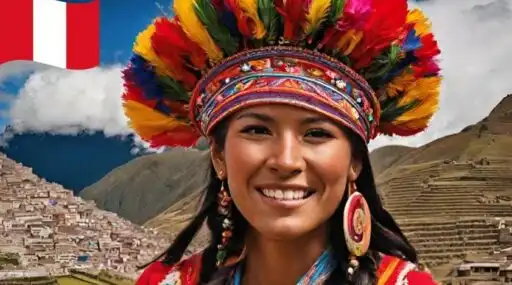

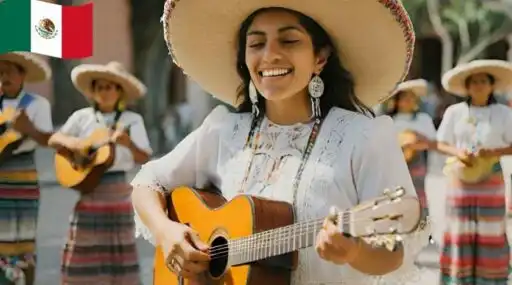
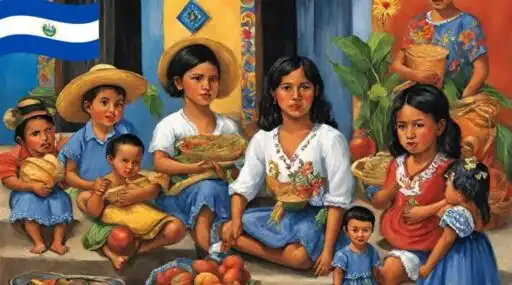
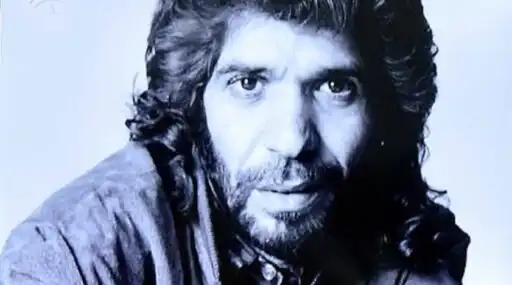





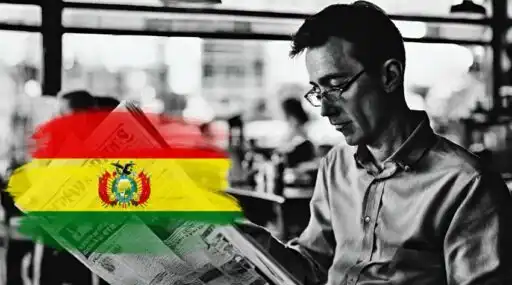
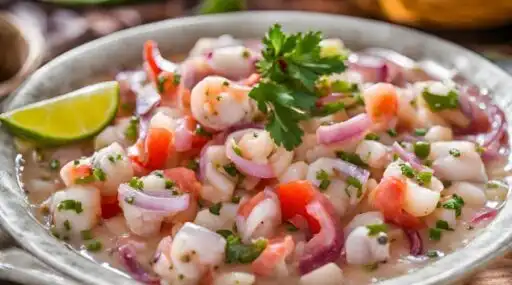

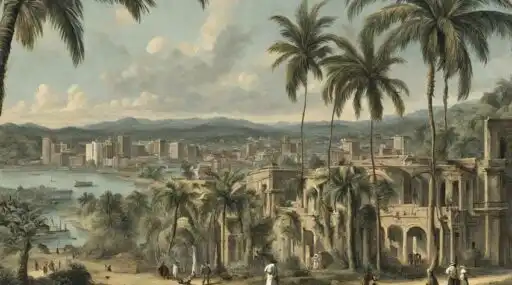
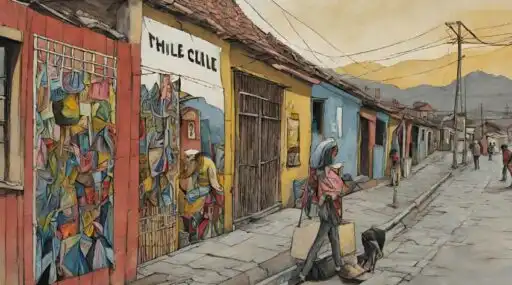
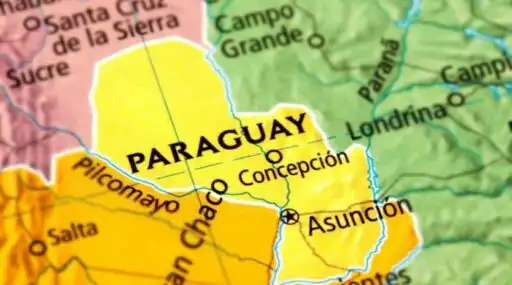
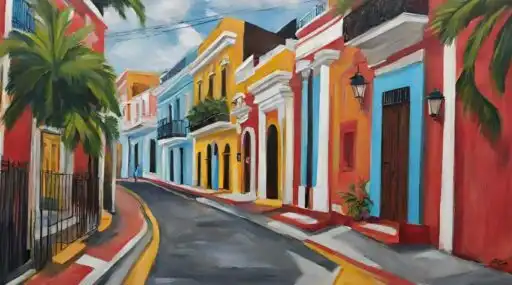


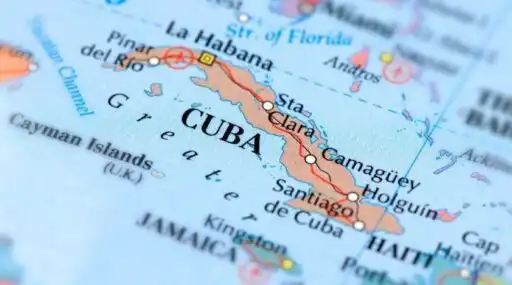





Leave a Reply